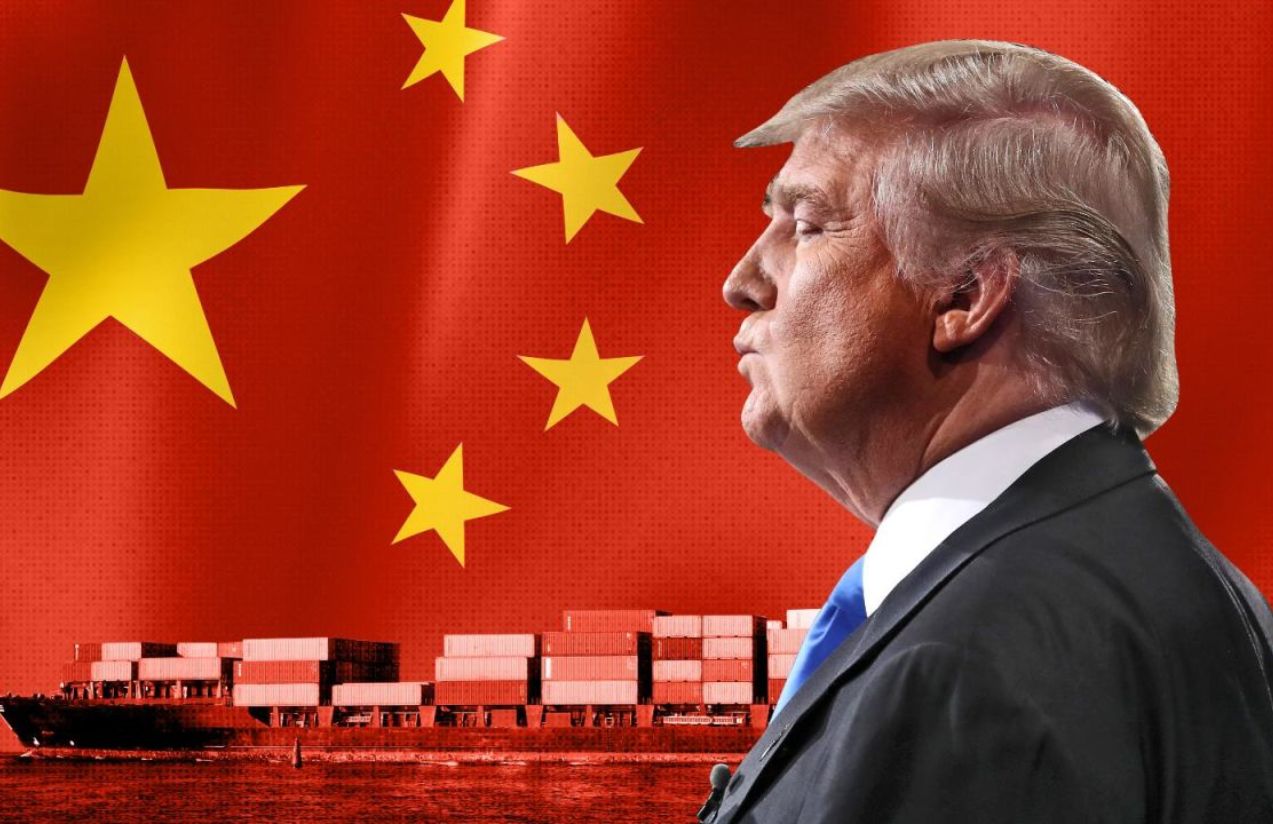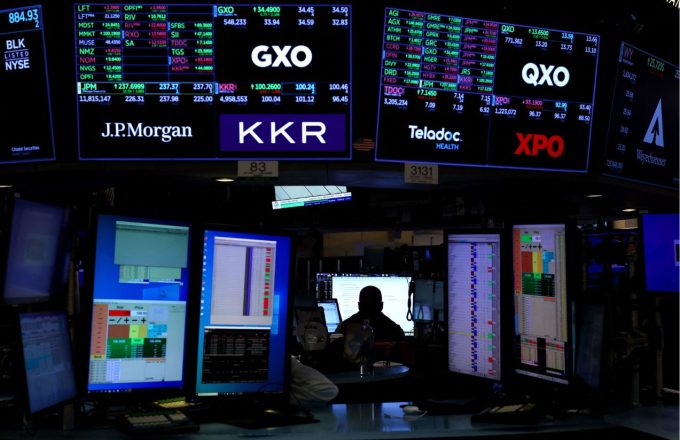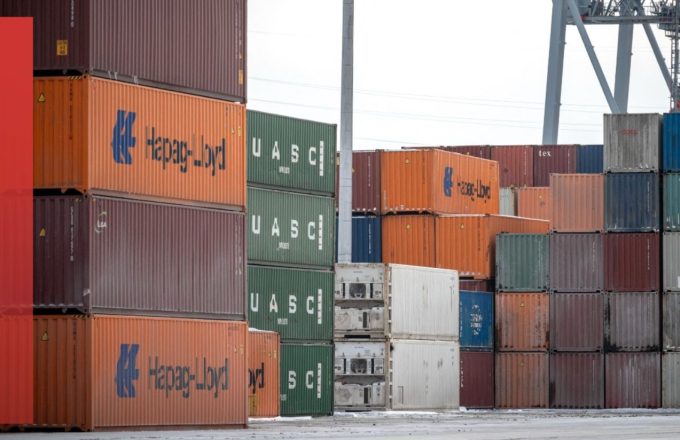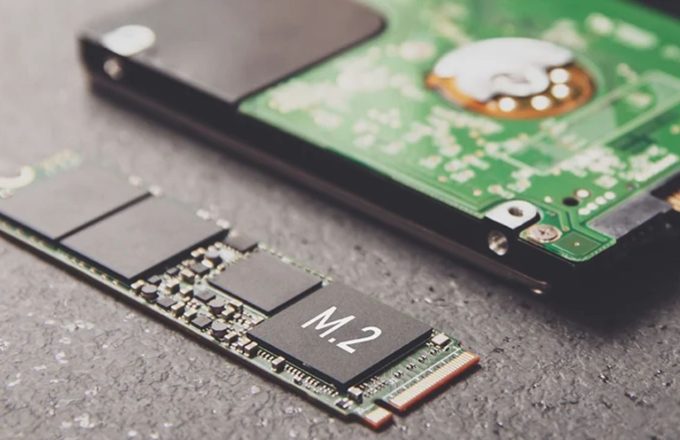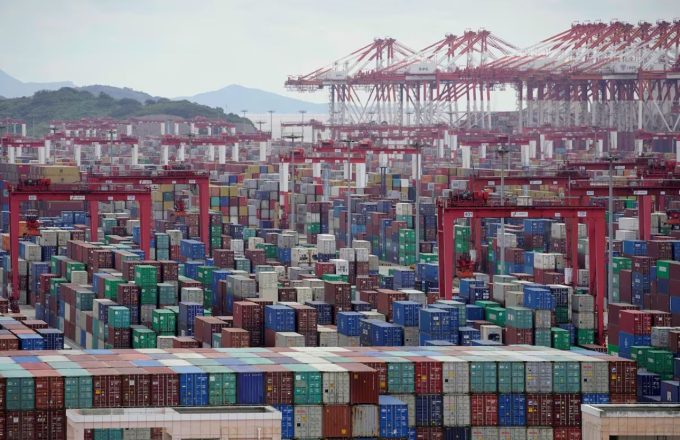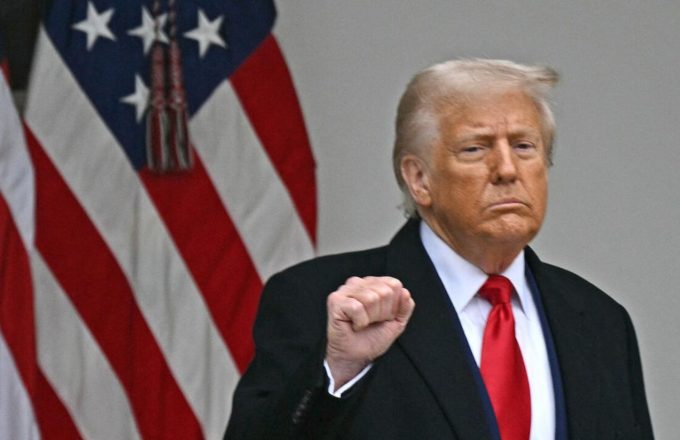“Trump is crazy,” says Lionel Xu, glancing around at stacks of mosquito repellent kits. Once a best-seller at Walmart stores across the U.S., they now sit untouched in boxes, going nowhere unless President Donald Trump lifts the 145% tariffs imposed on Chinese goods exported to the United States.
Around half of the products manufactured by his company, Sorbo Technology, are destined for the American market. Though considered small by Chinese standards—with roughly 400 employees in Zhejiang province—the company is far from alone in feeling the strain of the ongoing trade war.
“We’re really worried. If Trump doesn’t change his mind… it could be disastrous for our factory,” Xu says.
Not far from his booth, Amy is selling refrigerators for Guangdong Sailing Trade Company. Like Xu, her main clients—including retail giant Walmart—are based in the U.S.
“We’ve already stopped production,” she says. “Everything is just sitting in the warehouse.”
It’s a familiar story across nearly every stall at the Canton Fair in Guangzhou, one of China’s largest trade expos, where more than 30,000 companies gather to showcase their products.
Xu, meanwhile, is getting ready to have lunch with Australian buyers. They’re hoping to take advantage of the uncertainty and score deals at lower prices.
“We’ll see,” he says, when asked about the future of the U.S. tariffs. He believes Trump might eventually backtrack. “Maybe in a month or two. Maybe,” he adds, fingers crossed.
Last week, President Trump temporarily paused the majority of new tariffs following a global market slump and a massive selloff of U.S. bonds. But the steep duties on Chinese exports to the U.S. remain in place. In response, Beijing slapped its own 125% tariffs on American imports.
The uncertainty is rattling thousands of vendors who have come to the annual fair to showcase everything from washing machines and dryers to electric toothbrushes and juicers. Buyers from all over the world flock here, but for American companies, the cost of Chinese-made appliances like blenders or vacuum cleaners—now burdened with extra tariffs—is simply too high to pass along to consumers.
With the world’s two largest economies at an impasse, Chinese goods meant for American households are piling up in warehouses. The effects of the trade war are likely to reach into kitchens and living rooms across the U.S., where shoppers will soon be paying more for everyday products.
Still, China has held a defiant line, vowing to fight the trade war “to the end.” It’s a sentiment echoed by several fair participants.
Hy Vian, a buyer looking for electric ovens for his business, shrugs off the tensions. “If they don’t want us to export, fine. We already have our own domestic market. We’ll give the best products to Chinese consumers.”
Despite the standoff, China remains the factory of the world. According to Goldman Sachs, between 10 and 20 million people in China are employed solely in exports to the U.S. And some are already starting to feel the pain.
Just outside the trade fair in Guangdong, clothing, footwear, and handbag factories hum with activity. These workshops supply fast fashion giants like Shein and Temu. Each building hosts multiple factories across several floors, with workers putting in 14-hour shifts.
China is at risk of losing a trade partner that buys over $400 billion worth of goods annually. But the pain won’t be one-sided. Economists warn that the U.S. could be edging closer to a recession.
Adding to the volatility is Trump himself, known for his unpredictable moves. He has kept the pressure on Beijing, which so far refuses to yield. However, China has said it won’t increase the current 125% tariff rate for now—offering a brief window of relief after a tumultuous week.
But with virtually no communication between Washington and Beijing, and neither side eager to return to the negotiating table, a quick resolution seems unlikely.
Still, some see opportunities within China. Among them is Mei Kunyan, 40, who says she earns about 10,000 yuan (roughly $1,360) a month from her shoe business, which caters to local customers. Many large footwear manufacturers have already relocated to countries like Vietnam, where labor is cheaper.
But Mei has come to a realization that more and more entrepreneurs are starting to share: “The U.S. is just too complicated.”


